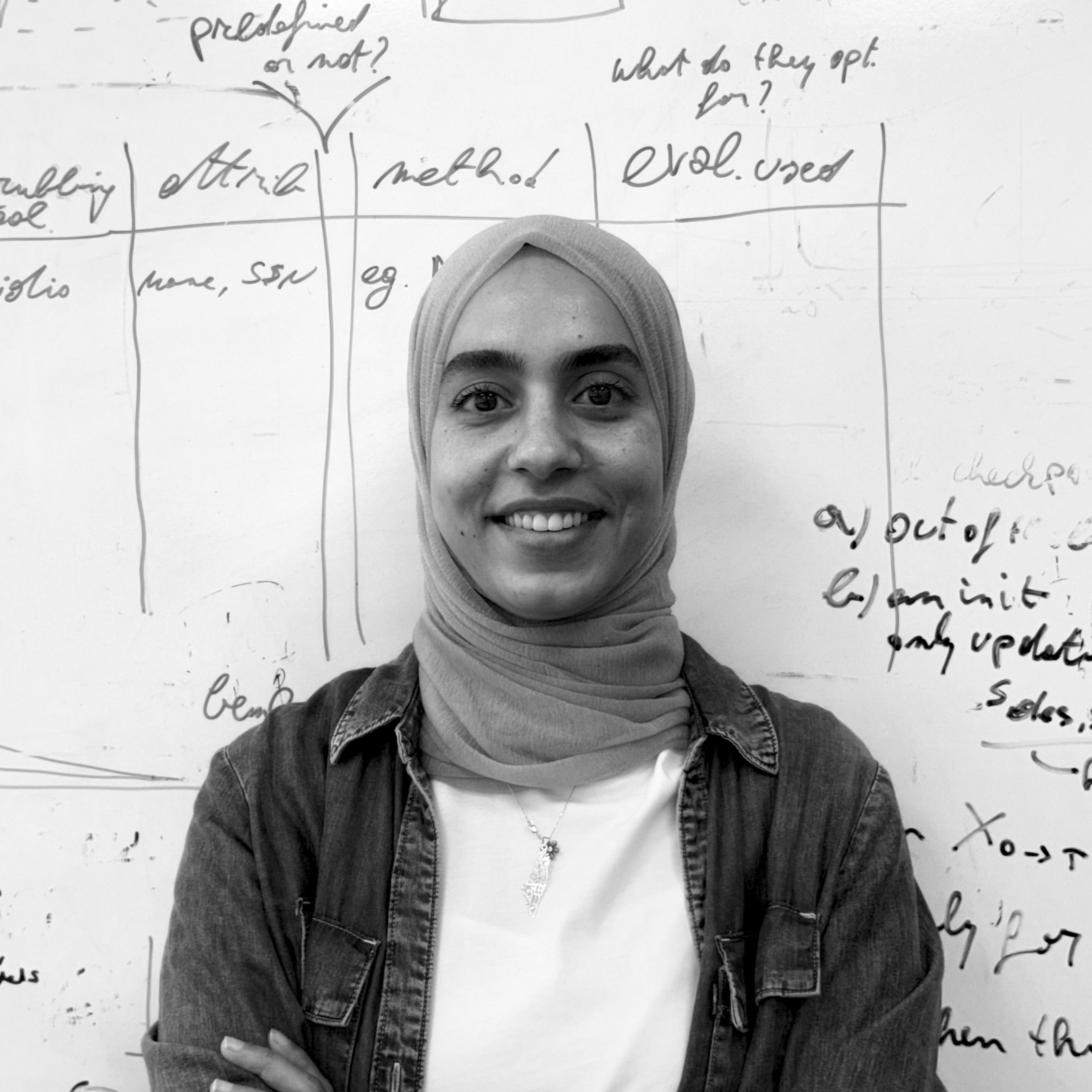Our Team
Contact
Email:X@Y where X=demontjoye, Y=imperial.ac.uk.
We are located at the Data Science Institute in the William
Penney Laboratory. The best entry point is via Exhibition road, through the Business school (see map
below). From there, just take the stairs towards the outdoor court. Enter the outdoor corridor after the
court and the institute will be on your right (please press the Data Science intercom button for access).
Please address mails to:
Department of Computing
Imperial College London
180 Queens Gate
London SW7 2AZ









